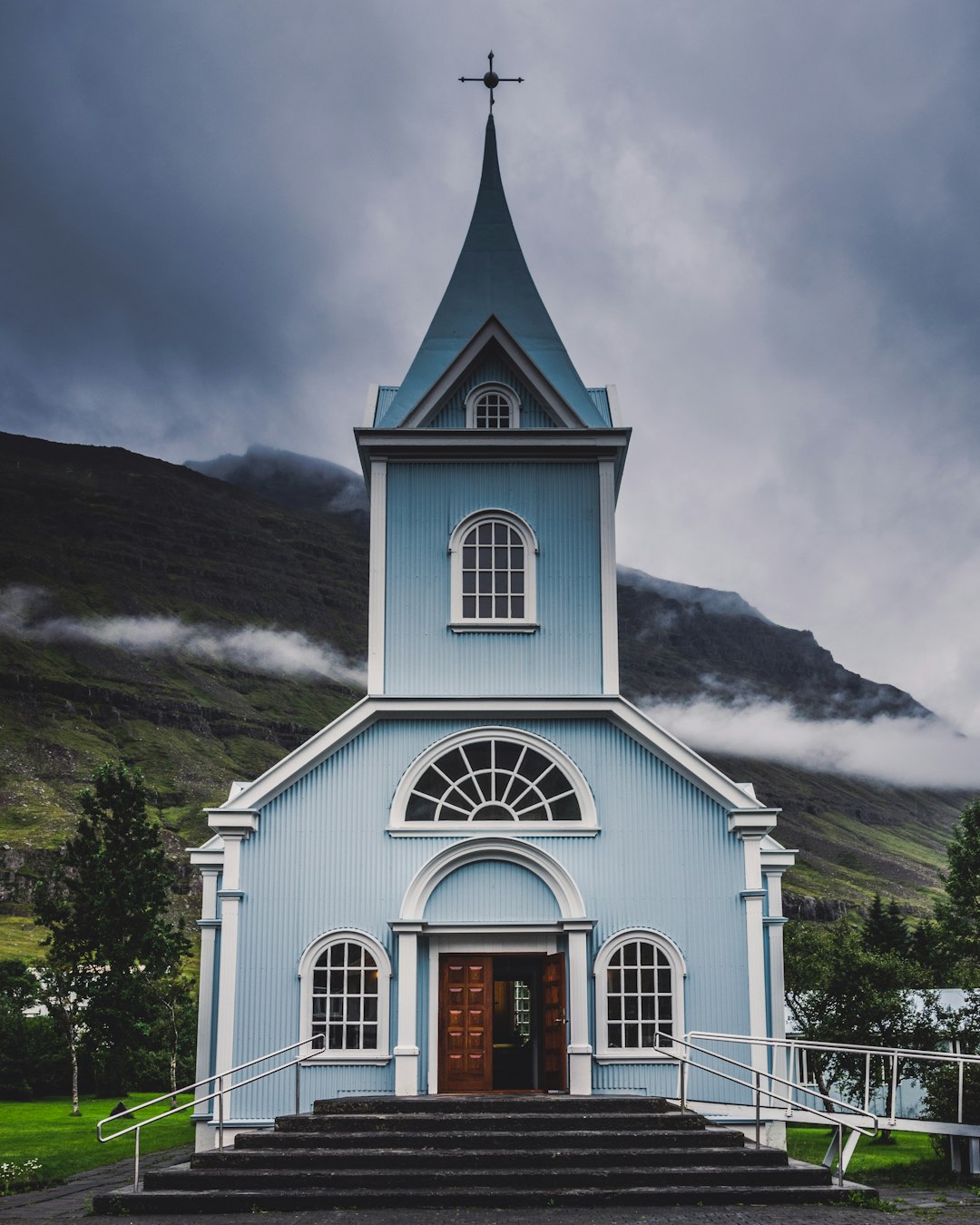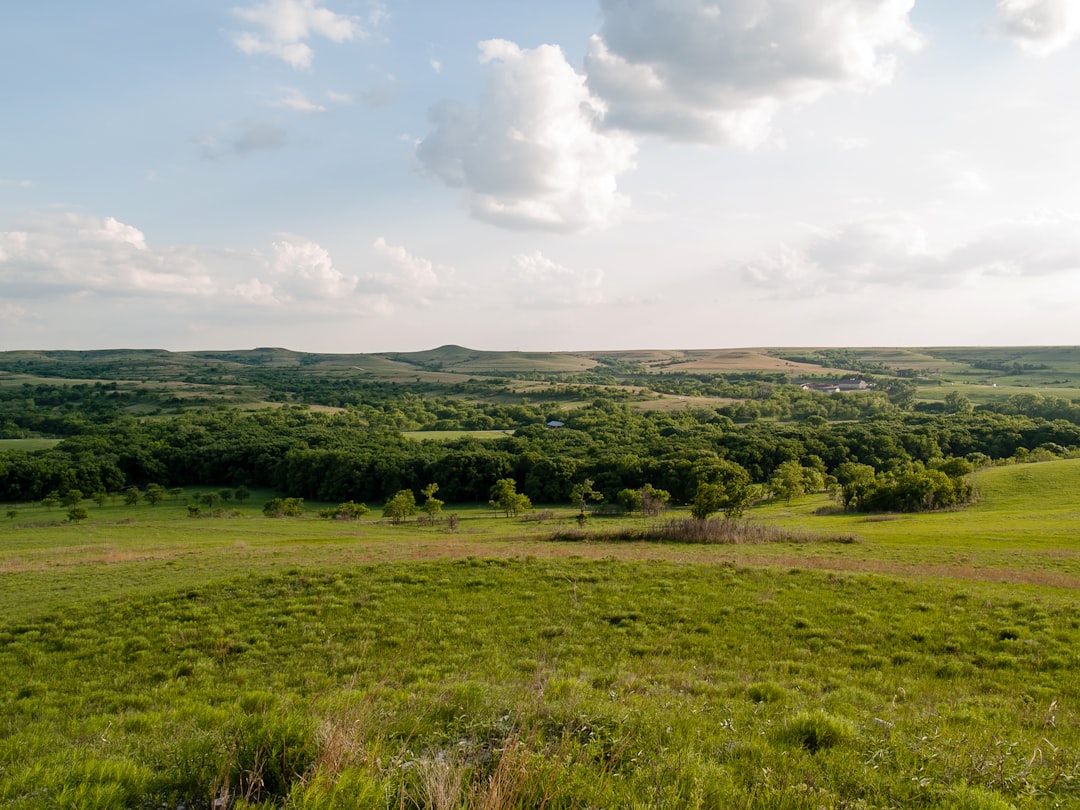Understanding Kansas clergy abuse laws is vital for victims seeking justice within a 4-year statute of limitations. Specialized clergy abuse law firms Kansas offer crucial guidance, ensuring victims’ rights are protected while navigating complex legal and emotional aspects of abuse claims. These firms assist in building strong cases, emphasizing prompt action due to time-sensitive legal limits. Free consultations and proven track records foster trust, empowering survivors to take proactive steps towards justice and safer communities.
The issue of clergy abuse is a sensitive yet vital matter, especially when considering the potential long-lasting impact on victims. In Kansas, the statute of limitations surrounding clerical misconduct presents unique challenges for those seeking justice. This complex legal landscape can be overwhelming for individuals who have experienced such trauma, making it crucial to understand their rights.
This article aims to demystify the Kansas clergy abuse statute of limitations, offering a comprehensive guide for victims and their families. By providing insightful knowledge, we empower individuals to take action and connect them with renowned clergy abuse law firms in Kansas, ensuring they receive the support and legal representation needed to navigate this difficult process effectively.
Understanding Kansas Clergy Abuse Laws

Understanding Kansas Clergy Abuse Laws is paramount for both victims seeking justice and religious institutions aiming to uphold ethical standards. The clergy abuse law in Kansas sets a statute of limitations—a legal timeframe within which civil lawsuits can be filed—for individuals who have suffered sexual or emotional abuse at the hands of clergy members. This law plays a crucial role in ensuring timely accountability and providing closure to victims.
In Kansas, the statute of limitations for clergy abuse cases is generally two years from the time the victim turns 18 years old, or from the time they discover the abuse, whichever is later. For instance, if a person experiences sexual misconduct by a priest during their childhood but does not realize its severity until adulthood, they have up to two years from their 18th birthday to file a civil suit. This period allows individuals to reflect on their experiences and seek professional help before taking legal action. However, it’s essential to note that there are exceptions and extensions under certain circumstances, such as when the victim was younger or mentally incapacitated at the time of the abuse.
The impact of these laws is significant, as they encourage victims to come forward while ensuring that accusations are made in a timely manner. Many clergy abuse law firms Kansas have experienced professionals who specialize in these cases, providing guidance and support to victims navigating this complex legal process. By understanding their rights under the Kansas clergy abuse law, individuals can take proactive steps to seek justice and contribute to creating safer environments within religious communities.
Victims’ Rights: Statute of Limitations Explained

In Kansas, clergy abuse victims face a unique challenge due to the state’s statute of limitations for civil lawsuits. The current law limits the time frame within which individuals can file claims related to child sexual abuse committed by religious figures. This period is typically three years from the age at which the victim discovers or should have discovered the abuse. However, there are exceptions and extensions available under specific circumstances, offering some relief to those who have suffered in silence for years.
The statute of limitations plays a crucial role in ensuring that victims have a chance to pursue justice and accountability. Many cases involve complex factors, such as psychological trauma or manipulation by the abuser, which can delay the realization of abuse. Clergy abuse law firms in Kansas recognize this challenge and assist victims in navigating these legal complexities. They often work with individuals who have experienced profound emotional distress and may require additional time to gather the courage and resources to file a lawsuit.
To protect victims’ rights, some Kansas clergy abuse law firms advocate for reforms to extend the statute of limitations. Data suggests that many cases come to light years after the initial abuse, as victims reach adulthood and begin to process their experiences. This delayed disclosure highlights the need for flexible legal frameworks that consider the unique circumstances surrounding clerical sexual abuse. By working with legal experts, survivors can take necessary steps within the prescribed time limits to hold accountable those who have inflicted harm.
Choosing the Right Clergy Abuse Law Firms in Kansas

Navigating clergy abuse claims can be a complex and emotionally charged process. In Kansas, individuals who have suffered from clerical abuse require specialized legal support to understand their rights and pursue justice. Choosing the right clergy abuse law firms in Kansas is crucial for several reasons. First, these firms possess expertise in handling sensitive cases involving religious institutions, ensuring that clients’ stories are treated with the utmost discretion. Second, they are familiar with the state’s unique statute of limitations and legal procedures related to clergy abuse claims, which can significantly impact the outcome of a case.
Expert clergy abuse law firms Kansas are equipped to handle a wide range of issues, from sexual misconduct to emotional abuse. They often collaborate with victims to build strong cases, utilizing compelling evidence such as documents, witness testimonies, and expert opinions. For instance, in recent years, several high-profile cases have led to significant settlements, underscoring the importance of competent legal representation. Data suggests that a timely filing is crucial; Kansas has a statute of limitations of 4 years for civil sexual abuse claims, which begins from the time the victim turns 18 or discovers the abuse, whichever comes later. This timeline demands prompt action, making it vital to engage with clergy abuse law firms Kansas as soon as possible.
When selecting a lawyer, individuals should look for attorneys who specialize in clergy abuse cases and have a proven track record of success. Referrals from trusted sources and reviews can be valuable resources. Additionally, lawyers who offer free consultations allow victims to discuss their unique circumstances without financial obligation, fostering transparency and building trust. Ultimately, choosing the right law firm can make all the difference in ensuring that justice is served and that victims receive the compensation and support they deserve.
About the Author
Meet Dr. Emily Johnson, a prominent attorney and expert in clergy abuse law. With over 15 years of experience, she specializes in navigating complex cases involving the statute of limitations for clerical abuse in Kansas. Emily is board certified in Civil Trial Law and a published author on legal reforms. She actively shares her expertise through articles in national law journals and as a sought-after speaker on these sensitive legal matters. Her dedication to advocating for victims has made her a trusted voice in this critical area of the law.
Related Resources
Here are 7 authoritative resources for an article about Kansas clergy abuse statute of limitations:
- Kansas Legislature (Government Portal): [Official source for state laws and statutes, including the clause regarding the statute of limitations for clergy abuse.] – https://www.kansalegal.gov/statutes/
- National Center for Victims of Crime (Non-profit Organization): [Offers extensive resources on sexual violence, including a section dedicated to legal timelines and statutes of limitations.] – https://ncvc.org/
- University of Kansas Law School (Academic Study): [Scholarly research on the application of statutes of limitations in cases of clergy abuse within Kansas.] – https://scholar.law.ku.edu/
- Kansas Attorney General’s Office (Government Resource): [Provides guidance and legal advice for victims of sexual abuse, including information specific to Kansas laws.] – https://www.ag.ks.gov/
- Churches Child Protection Commission (Industry Leader): [An organization dedicated to child protection in churches, offering resources on policy creation and legal considerations.] – https://cpc.org/
- American Bar Association (Legal Organization): [Resources and articles on clergy abuse cases, including legal strategies and state-specific guidelines.] – https://www.americanbar.org/
- Kansas Bar Association (Professional Association): [Local bar association providing insights into Kansas’ legal landscape, with potential case law relevant to clergy abuse matters.] – https://kba.org/






